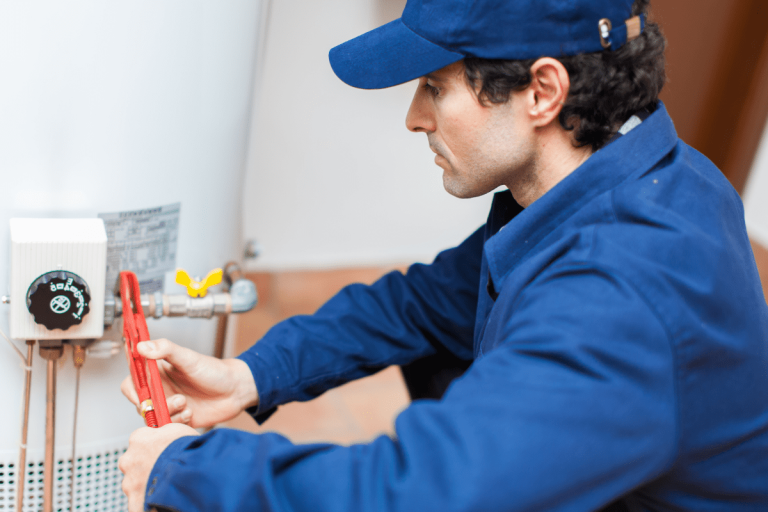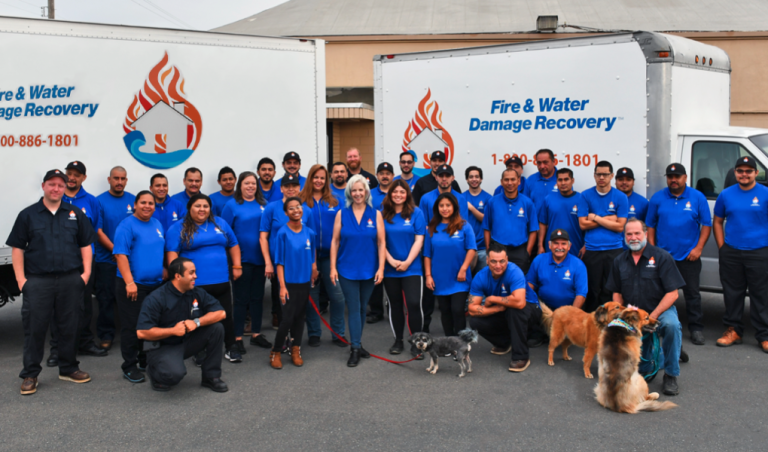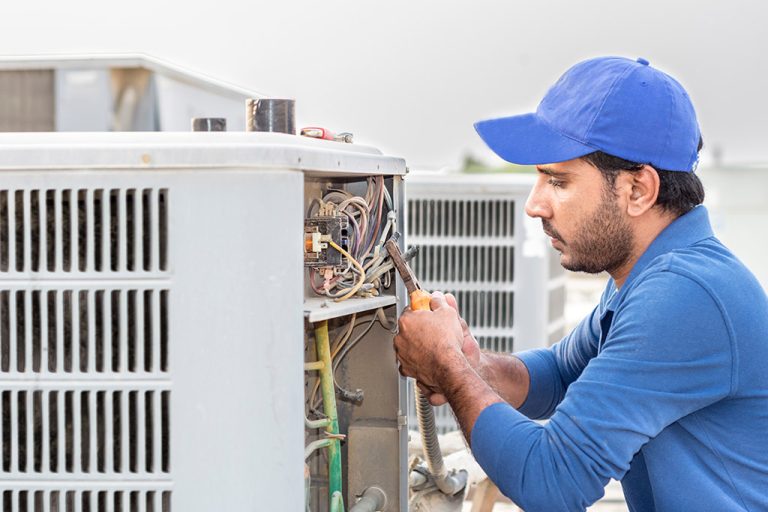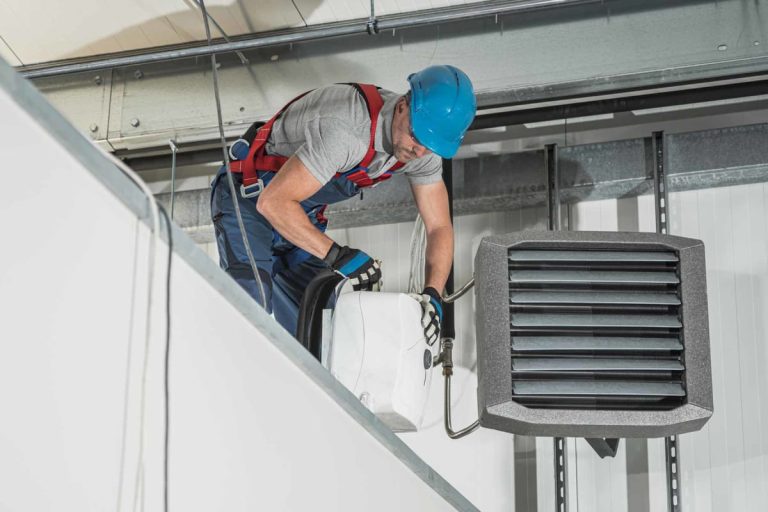Commercial HVAC Contractors Expert Services
Commercial HVAC contractors are essential for maintaining and upgrading the heating, ventilation, and air conditioning systems of businesses. They provide a range of services, from preventative maintenance to complex system installations and retrofits. Understanding the services offered, selection criteria, and market trends is crucial for businesses seeking reliable and efficient HVAC solutions.
This comprehensive overview details the services provided by commercial HVAC contractors, outlining the various types of systems they manage, from basic units to sophisticated VRF setups. It also examines factors to consider when choosing a contractor, such as experience, certifications, and pricing models. Finally, it explores the dynamic market landscape and the future of commercial HVAC technology.
Commercial HVAC Contractor Services
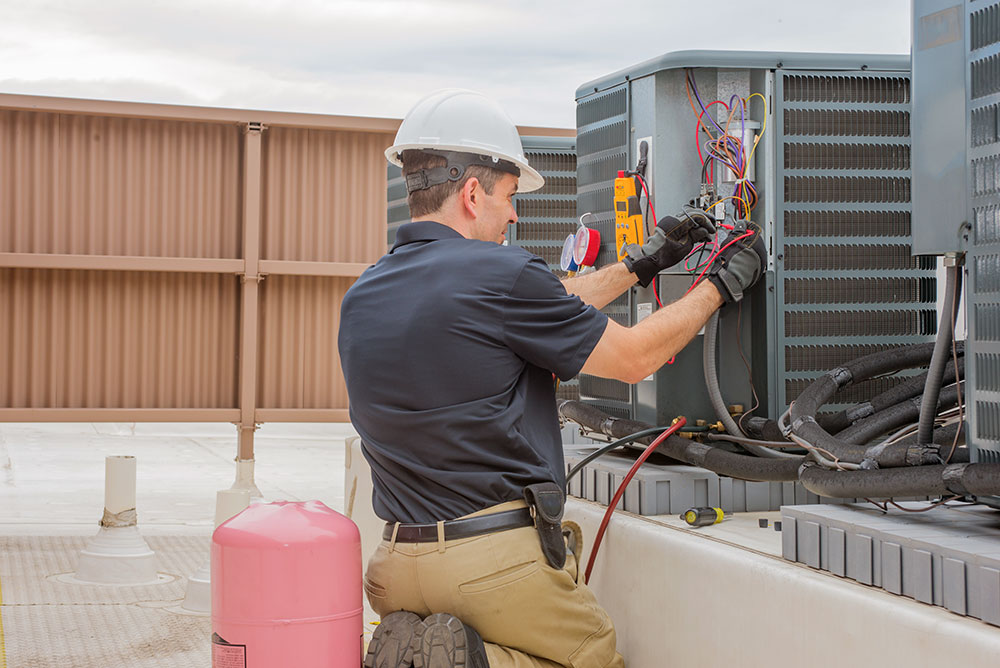
Commercial HVAC contractors play a crucial role in maintaining the comfort and efficiency of buildings across various sectors. They provide essential services for everything from routine maintenance to complex system installations and upgrades, ensuring optimal indoor environments and energy performance.
Commercial HVAC systems are intricate and demand specialized expertise. Contractors must possess a deep understanding of diverse system types and their applications to address the unique needs of each building. This includes not only technical proficiency but also a commitment to customer satisfaction and project completion within budget and schedule.
Typical Services Offered, Commercial HVAC Contractors
Commercial HVAC contractors provide a wide array of services, encompassing preventative maintenance, repairs, and installations. These services are tailored to specific building needs, from large-scale industrial facilities to smaller office buildings.
| Service Type | Description | Typical Costs |
|---|---|---|
| Preventative Maintenance | Regular inspections, cleaning, and adjustments to HVAC equipment to prevent breakdowns and optimize efficiency. This often includes filter changes, lubrication, and component checks. | Varying, depending on system size and complexity, typically ranging from $500 to $5,000 per year. |
| Repair Services | Addressing malfunctions in existing HVAC systems, such as replacing compressors, fixing leaks, or repairing control systems. | Variable, depending on the specific repair needed. Simple repairs can range from $200 to $1,000, while more extensive repairs can cost several thousand dollars. |
| Installation | Installing new HVAC systems, including chillers, boilers, and various types of air handling units. This involves careful planning, permitting, and precise execution. | Highly variable, depending on the size and complexity of the system, from tens of thousands to hundreds of thousands of dollars. |
| Energy Audits | Evaluating the energy efficiency of existing HVAC systems and identifying areas for improvement. This often involves using specialized equipment and software to analyze energy consumption patterns. | From $500 to $5,000, depending on the scope of the audit and the size of the building. |
| System Retrofits | Upgrading existing HVAC systems to newer, more efficient models or technologies. This might include replacing outdated equipment or implementing energy-saving technologies. | Variable, depending on the scope of the retrofit, from tens of thousands to hundreds of thousands of dollars. |
| Commissioning | Verifying that the installed or modified HVAC system operates according to design specifications and meets performance targets. This ensures optimal efficiency and minimizes energy waste. | Typically ranges from $2,000 to $10,000, depending on the system’s complexity. |
Types of Commercial HVAC Systems
Different types of commercial HVAC systems cater to various building requirements. Understanding these distinctions is essential for choosing the most appropriate system for a particular application.
- Variable Refrigerant Flow (VRF) Systems:
- VRF systems offer precise temperature control and high energy efficiency. They are ideal for multi-story buildings and spaces with varying temperature needs. They are often more expensive to install initially but can save money in the long run due to reduced energy consumption.
- Packaged Units:
- Packaged units are compact and often used in smaller commercial buildings or additions to existing systems. They are relatively affordable and easy to install, though their capacity may be limited compared to centralized systems.
- Centralized Systems:
- Centralized systems are used in larger buildings, providing centralized heating and cooling for multiple zones. They often use large chillers and boilers and are more complex to maintain and repair.
Factors Affecting Commercial HVAC Contractor Selection: Commercial HVAC Contractors
Choosing the right commercial HVAC contractor is crucial for maintaining a comfortable and productive work environment. A poorly selected contractor can lead to costly repairs, inefficient systems, and potential safety hazards. Understanding the key factors involved in contractor selection empowers business owners to make informed decisions.
Selecting a reputable and qualified commercial HVAC contractor involves careful consideration of various factors. This process ensures optimal system performance, budget adherence, and long-term building sustainability.
Experience and Expertise
Commercial HVAC systems are complex. Contractors with extensive experience in handling various types of systems are better equipped to address potential issues and provide effective solutions. Looking for a contractor with a proven track record in managing similar projects in comparable commercial settings is a vital aspect of the decision-making process. This track record provides valuable insights into the contractor’s capabilities and ability to handle complex projects.
Certifications and Licenses
Reputable commercial HVAC contractors typically hold relevant certifications and licenses. These credentials demonstrate a commitment to professional standards and adherence to industry best practices. Verifying certifications ensures that the contractor possesses the necessary knowledge and skills to handle the job correctly and efficiently. Certifications, such as those offered by the HVAC Excellence Institute or other relevant organizations, often signify a contractor’s commitment to maintaining high standards.
Insurance and Bonding
A thorough investigation into the contractor’s insurance coverage is essential. This involves verifying liability insurance, workers’ compensation insurance, and other relevant protections. Insurance safeguards against potential financial liabilities in case of accidents or damages during the project. Contractors with adequate insurance demonstrate a commitment to mitigating risks and protecting the interests of the business owner.
Portfolio and References
Examining the contractor’s portfolio is essential. A strong portfolio showcases previous projects, demonstrating the contractor’s capabilities and experience. Looking at successful installations, repairs, and maintenance projects offers insights into the contractor’s work ethic, technical skills, and ability to deliver on commitments. References from previous clients can provide invaluable perspectives on the contractor’s reliability, responsiveness, and overall quality of service.
Pricing Models
Contractors employ various pricing models, each with its advantages and disadvantages. Understanding these models helps business owners select the option that best aligns with their needs and budget. A per-job pricing model provides a clear upfront cost, while a contract-based model might offer long-term cost savings. Hourly pricing can be unpredictable and may lead to unexpected expenses.
Comparative Analysis of Commercial HVAC Contractors
| Contractor Name | Years of Experience | Certifications | Client Testimonials |
|---|---|---|---|
| Reliable Air Solutions | 15 | AHRI, ASHRAE | “Excellent service and timely completion of the project. Highly recommend.” – John Smith, Acme Corp. |
| Superior HVAC Systems | 10 | AHRI, EPA Section 608 | “Professional and knowledgeable team. We’re very satisfied with the results.” – Jane Doe, Beta Industries. |
| Apex Air Conditioning | 20 | AHRI, LEED AP | “Exceptional service from start to finish. They exceeded our expectations.” – David Lee, Gamma Co. |
Commercial HVAC Contractor Market Trends
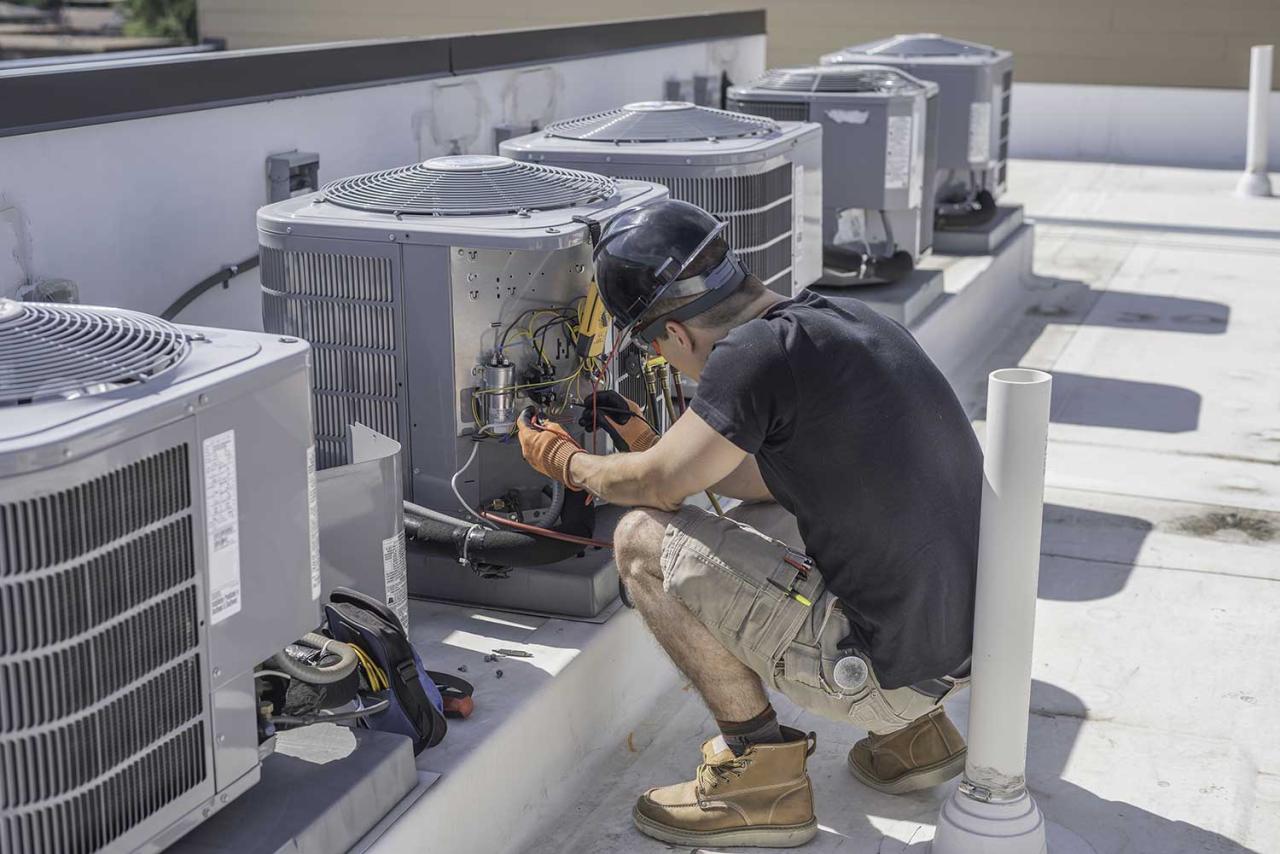
Source: apolloheatingandair.com
The commercial HVAC industry is experiencing a period of significant transformation, driven by evolving technologies, increasing energy efficiency demands, and shifting government regulations. Contractors need to adapt to these changes to remain competitive and provide optimal solutions for their clients. This shift necessitates a thorough understanding of current trends and future projections to ensure successful navigation of the evolving landscape.
The commercial HVAC sector is undergoing a dynamic evolution. Factors such as the rising importance of energy efficiency, the integration of smart technologies, and the impact of government policies are fundamentally reshaping the industry’s operations and future trajectory. This comprehensive analysis delves into the key trends impacting commercial HVAC contracting.
Increasing Energy Efficiency Demands
Energy efficiency is no longer a desirable feature but a critical requirement for commercial buildings. Owners and tenants are increasingly demanding HVAC systems that minimize energy consumption and reduce operational costs. This trend is driven by rising energy prices and growing environmental awareness. Commercial buildings are under increasing pressure to meet stringent energy efficiency standards, impacting the selection and design of HVAC systems. Building owners are actively seeking contractors who can demonstrate expertise in energy-efficient solutions and implement systems that comply with evolving codes and regulations.
Smart Building Technologies
Smart building technologies are transforming commercial HVAC systems, enabling more precise control and optimization of energy usage. The integration of sensors, data analytics, and automation platforms allows for real-time monitoring and adjustments to HVAC performance, reducing energy waste and improving occupant comfort. The ability to remotely manage and monitor HVAC systems through connected platforms is becoming increasingly important for commercial HVAC contractors. Examples include intelligent building management systems (BMS) that automate responses to changes in occupancy or ambient conditions, optimizing energy use and enhancing tenant comfort.
Evolving Role of Technology in HVAC Systems and Maintenance
Technology is playing an increasingly vital role in the maintenance and operation of commercial HVAC systems. Remote monitoring and diagnostics are becoming standard, allowing for proactive maintenance and minimizing downtime. Predictive maintenance, based on data analysis of equipment performance, helps contractors anticipate potential issues before they arise, further reducing operational costs and enhancing reliability. The utilization of IoT-enabled sensors and smart controllers is facilitating more precise and efficient control over HVAC systems, enabling dynamic adjustments to meet fluctuating demands. This requires HVAC contractors to possess the technical expertise to integrate and maintain these advanced technologies.
Impact of Government Regulations and Incentives
Government regulations and incentives are significantly impacting the commercial HVAC industry. Stringent energy efficiency standards are driving the adoption of high-efficiency equipment, requiring contractors to stay updated on the latest regulations. Financial incentives and tax credits are often available for the installation of energy-efficient HVAC systems, creating new opportunities for contractors who can navigate these programs effectively. For example, rebates and tax credits are often available for the use of renewable energy sources in HVAC systems. This necessitates a comprehensive understanding of local and national regulations and proficiency in navigating the application process.
Future of Commercial HVAC Contracting
The future of commercial HVAC contracting hinges on the integration of emerging technologies and the ability to address potential challenges. This includes the increasing sophistication of HVAC systems and the demand for greater energy efficiency. The evolution towards smart buildings and the growing importance of data analytics will necessitate contractors possessing expertise in these areas. Challenges include the need to upskill existing personnel, potentially high initial investment costs in new technologies, and the ever-changing regulatory landscape. For example, the rise of building automation systems and the increasing reliance on data analytics present both opportunities and challenges for commercial HVAC contractors.
End of Discussion
In conclusion, selecting the right commercial HVAC contractor is critical for maintaining a healthy and productive work environment. Businesses must carefully evaluate contractors based on experience, certifications, and pricing structures. Staying informed about industry trends, such as increasing energy efficiency demands and emerging technologies, is vital for long-term success. The future of commercial HVAC is bright, with ongoing innovation promising even more efficient and sustainable solutions for the years ahead.
